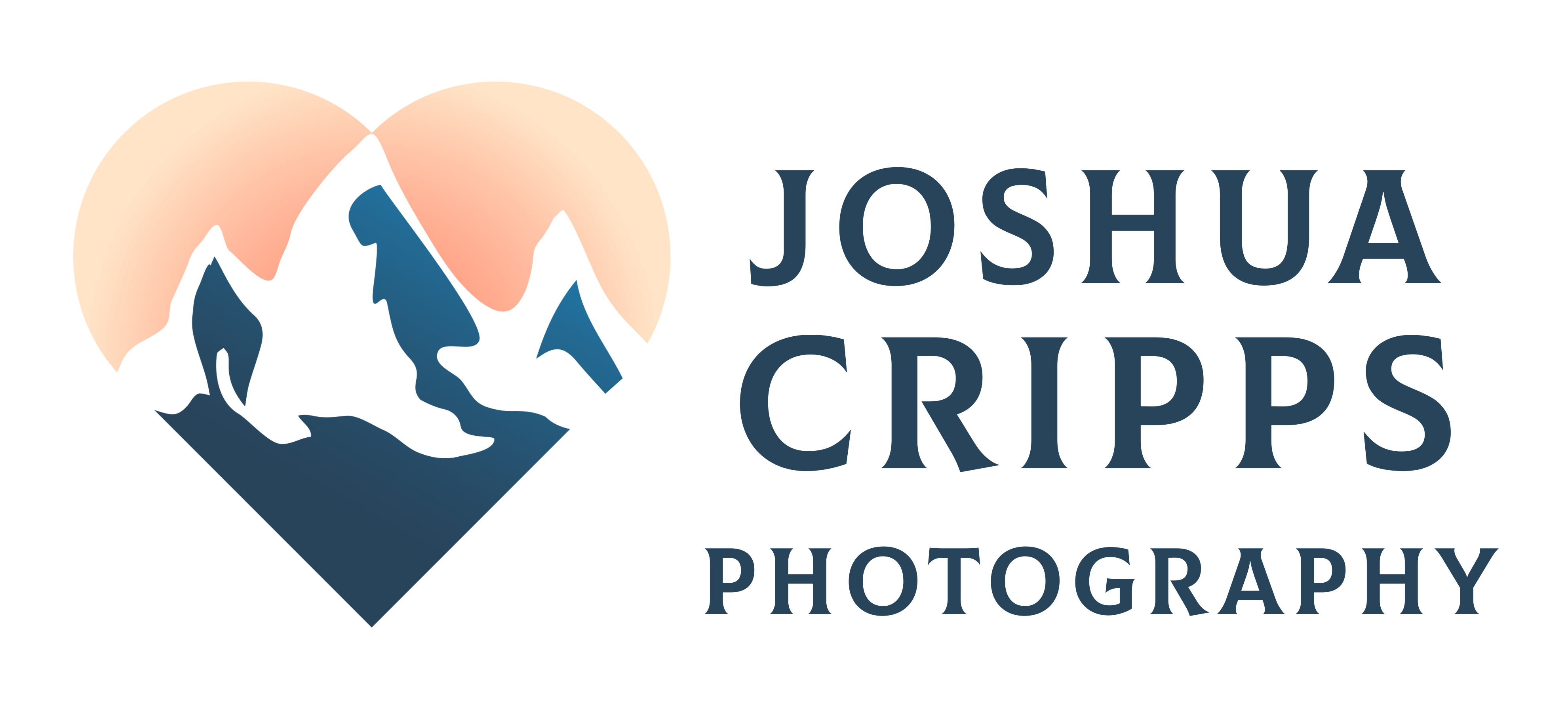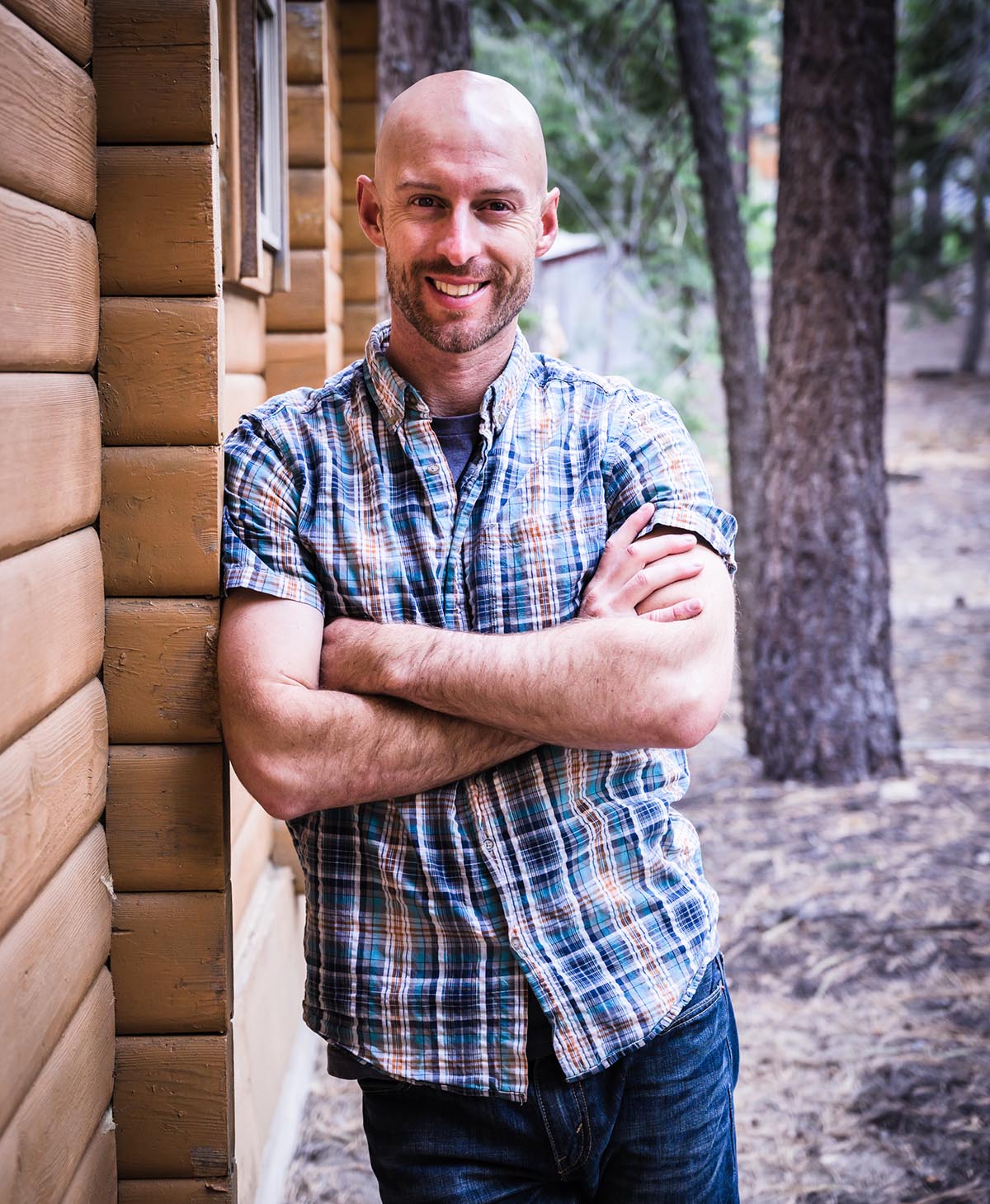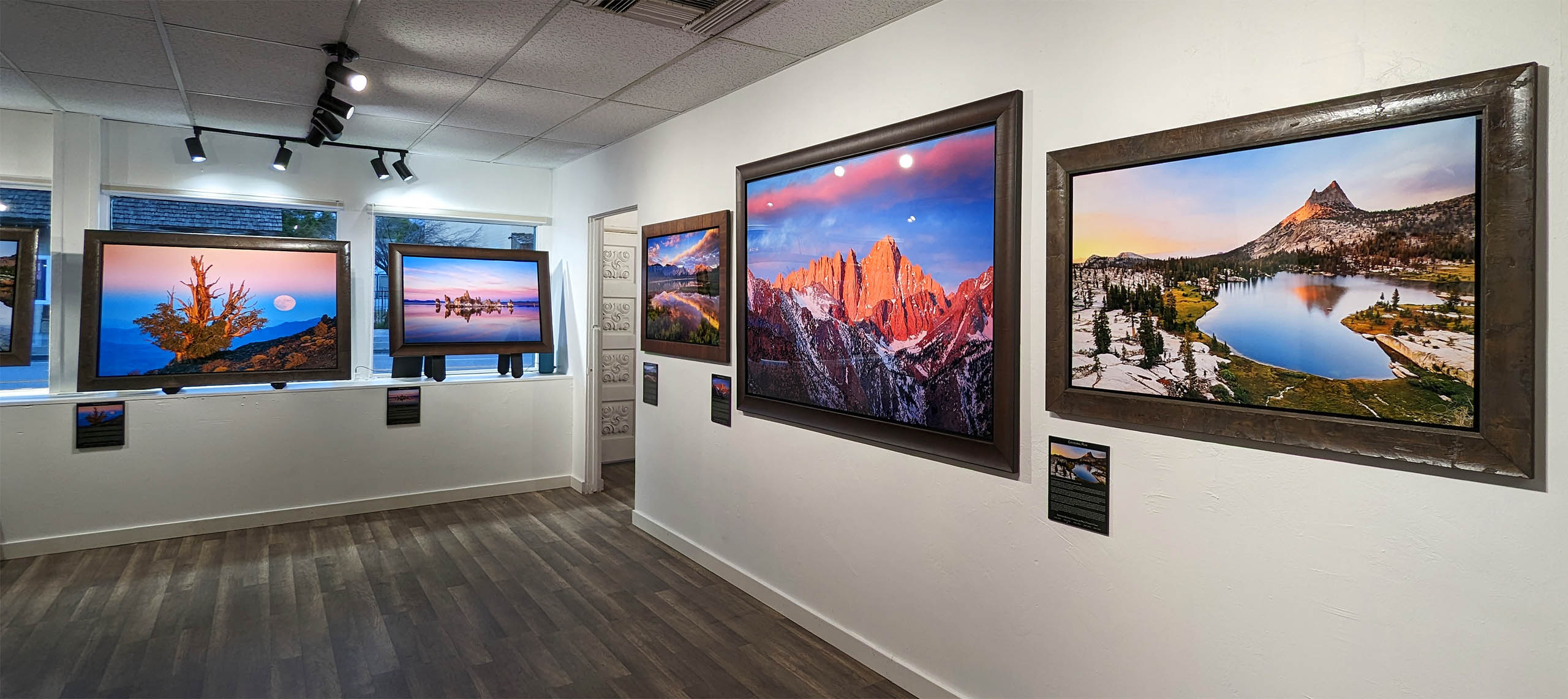Joshua Cripps
Stop Trying To Be A “Better” Photographer
- No Comments
This is going to sound really weird, but one of the biggest mistakes I see with landscape photographers is that they’re constantly trying to get better, but this hand wavy a morphous pursuit of better can actually kill your progress as a photographer. And I’m going to tell you why right now.
Greetings my excellent friends. It’s Josh Cripps here. Now. Obviously I’m not against people progressing and trying to become more successful photographers. My problem is with the concept of better. And the reason that I really don’t like this concept is because better is not a destination. It’s not a place you can actually get to with your photography. And therefore it’s impossible to create a plan or a system to get there. How do you know, 100% for sure when you’ve become a better photographer? Now you might look at a photo from a year ago and a photo from yesterday and say, Oh, well, the one from yesterday is better. So I’m a better photographer, but how do you know for sure that it’s not just because you had really rad conditions yesterday, or you got lucky with your camera settings or your composition without pointing to something specific, you can’t actually know if you’ve achieved better. So what’s going on here?
What happens when photographers try to get better is that they attempt to digest all of the information that’s out there about photography. They read every blog article they can find, and they watch every random YouTube video from every photographer who has a channel like me and they absorb and absorb and absorb and absorb information. And you know what happens? They become utterly overwhelmed and paralyzed by the amount of completely meaningless information that they’re trying to digest. And the actual transformative learning process screeches to a halt. And I know this because I did this for years. Do me a favor and think about every article you’ve ever read about the best lenses for landscape photography. Invariably, the author says something like
Sometimes, or like to use my ward. I ain’t go names, but in other situations I love boy Turner photo nodes, and then Stillwell situation. So I think the mid range managers best cool.
How does this help you in any way? Is this kind of information, getting you to an actual real end point where you can say, Hey, look, I achieved my goal of doing this. No, absolutely. It’s not what this kind of information actually does is put you into the field full of photography, anxiety. As you’re trying to remember every single little tidbit from all of those articles about when this expert said he likes to use a word wide lens, or when that expert said, she likes to use a telephoto lens. Let me think about it this way. Imagine that you want to learn Spanish so that you can travel through South America. So you attempt to digest and absorb as much general Spanish as you can before the trip. Then when you get to the bus terminal in Santiago, Chile, you’re struggling to remember if ticket is masculine or feminine, if you should be using the light conjugation or not.
And if you make a bus trip, take a bus trip or do a bus trip and you sit there stammering at the ticket window, cursing yourself for not prioritizing learning specific travel related phrases. Not that I’m describing an actual situation that I’ve been in, of course not this generic absorb as much as possible, kind of learning is extremely inefficient and it almost never helps you achieve what you want to achieve either as a photographer or as a person. So what should you do instead? Well, the answer to this, this is really simple. You need to set clear specific goals for your photography. Pick one thing that you would like to learn and work toward that one thing. For example, I want to learn how to shoot long exposure, or I want to learn how to shoot seascape photography. Don’t try to learn astrophotography and abstract photography and macro photography and luminosity masking all at once.
You’re just going to overload yourself and you’re not going to make any progress in any of those things. So pick just that one thing that’s most important to you right now, and even more critically make the goal as specific as possible with a clear outcome that you can point to and say yes or no. I have accomplished my goal period, for example, eight fantastic photography goal. Instead of I want to be better is I want to learn how to get my entire photo in sharp focus from front to back every single time. Or I want to learn how to use two flashes to create Rembrandt lighting for headshots, or I want to learn how to get that smooth water. Look when I’m photographing waterfalls, notice how with each of these goals you can definitively say yes or no, whether you’ve accomplished it, having a clear outcome like that is absolutely crucial to understanding the right path that you need to take to achieve that goal.
Now, setting goals is just one of the things that you need to do in order to transform your photography, to the point where you are or shooting photos that you want to shoot, where you love the photos that you’re shooting and you know exactly how you shot those photos. In my opinion, there are four other that you need to do as well. And I’m going to talk about those in another video. So be sure to subscribe to the channel, to see that one in the meantime, if you want to know what those four things are. In addition to setting clear goals, I have a free webinar that you can check out. That’s all about my approach to photography and the step-by-step systems that I use when I’m out in the field shooting only get up there in the corner, or you can check it out in the video description down below that is going to do it for this one. So thank you guys as always for watching until next time have fun and happy shooting.



